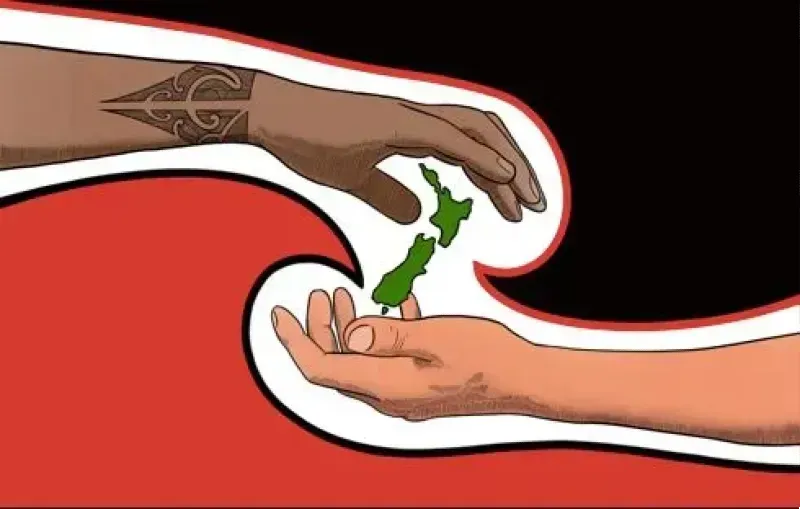This is edition 2025/64 of the Ten@10 newsletter.
Welcome back. It's 2025 and 20 years since I started writing about politics and anything else that took my fancy. Thank to my VIP members for making this site what it is today. In July we will be having a 20th birthday celebration. Stay tuned for more announcements.
This is the Ten@10, where I collate and summarise ten news items you generally won't see in the mainstream media.
Enjoy!

1. Reconstituting Aotearoa-New Zealand.
Chris Trotter
- 🇳🇿 Constitutional Reform Challenge: The idea of a bicultural republic based on Māori-Pākehā shared sovereignty and entrenching the Treaty of Waitangi faces significant hurdles in Aotearoa-New Zealand. The challenge is uniting both communities for a common cause of reform.
- ⚖️ Māori vs Pākehā Engagement: Māori have actively pursued constitutional change based on te Tiriti, while Pākehā engagement has been limited, often reactive and mostly supportive from the academic or left-wing circles.
- 💥 Right-Wing Resistance: The right-wing strongly defends the status quo, with limited engagement from the Pākehā middle ground, who tend to avoid the topic due to the toxicity of current politics.
- 🏛️ The Treaty Principles Bill: David Seymour's Treaty Principles Bill sparked massive opposition, illustrating how explosive the issue of Māori sovereignty can be in New Zealand politics.
- 🧑🤝🧑 Māori-Pākehā Unity: While Māori have shown restraint in protests, such as the Toitū te Tiriti demonstration, the real challenge is getting Pākehā to engage in open conversations about constitutional futures, avoiding Māori exclusion.
- 🗣️ Matike Mai Aotearoa and Pākehā Criticism: Māori-led constitutional proposals like "Matike Mai Aotearoa" are done behind closed doors, often excluding Pākehā. Critics argue this creates a dilemma over who gets to decide New Zealand's constitutional future.
- 🏛️ Citizens’ Assembly Proposal: A potential solution is a "Citizens’ Assembly", where randomly selected citizens discuss constitutional issues with experts. However, the trust in such experts has diminished due to political polarization.
- ⚔️ Political Struggles and Violence: The question of who controls the use of violence has shaped New Zealand's sovereignty. Could Māori sovereignty, once extinguished by force, be reclaimed peacefully? The future of this is unclear, especially with the potential for new party-driven constitutional reforms.





